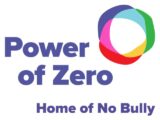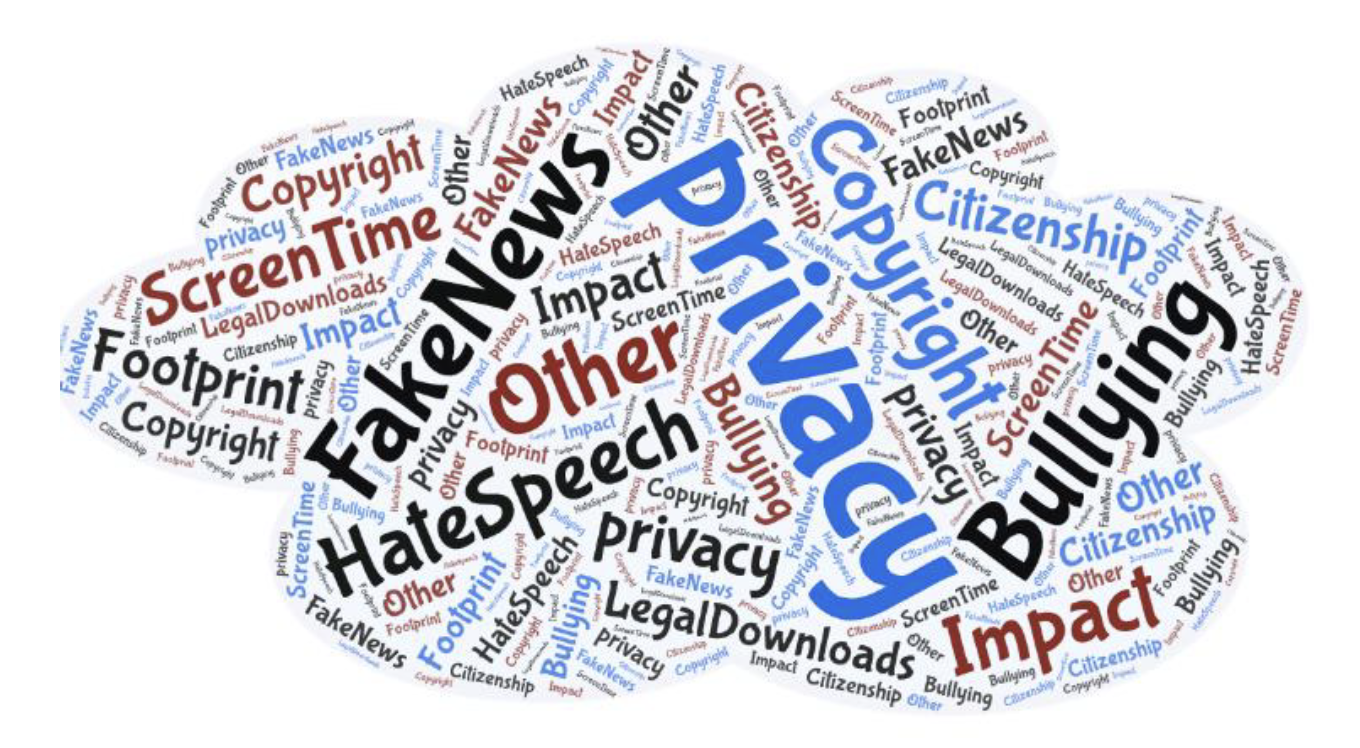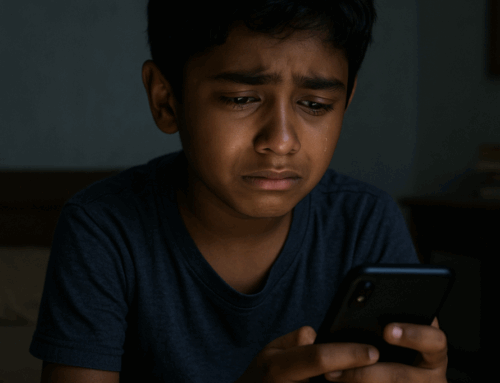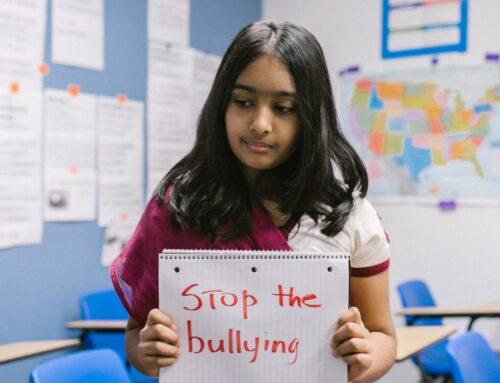From the very first steps children take online, they enter a vast, unregulated space frequented by people of all ilks and ages, where opportunities abound but dangers also lurk. Nowadays, especially since the Covid health crisis distanced families and pushed kindergartens and schools online, the under-5 age group are spending almost as much time in the digital world as older children, on surprisingly similar activities. The wordle (above) shows the main concerns that we found among parents. How are parents accompanying their children in their first steps online, and what strategies are they using to help them develop the competences that will protect them against unwanted influences and ensure that digital technology becomes a positive educational tool?
The Council of Europe has, over recent years, been working with parents to develop education-based strategies to respond to such challenges. In 2020-21, it conducted quantitative and qualitative surveys to take stock of progress and discover the tools parents consider would be most helpful and the topics they most want to learn about. More than 21,000 parents took part in these surveys, from all 47 of its member countries. The responses of almost 3,800 parents (18%) related to children aged less than 5 years, and 7,149 parents (34%) to children aged between 5 and 9. When asked about their child’s favourite online activity, 35% of parents of children aged under 5 chose watching videos, around 19% playing games, 13% communicating with friends and family, 17% exploring educational resources and 11% learning new things. The top activity for 2.2% of children is, according to parents, social networking! These figures correlate closely with data from the 2019 British OfCom report[1], and it is not difficult to imagine the types of challenges young children meet in such online environments.
Although 46% of parents of under 5-year olds ‘often’ pre-check the websites and games their children use, and 29% sometimes do so, more than 1 in 5 parents don’t check at all, or rarely check. Almost 7 in 10 parents (68%) say their under 5-year old child ‘often’ talks to them about their online activities, and 23% sometimes, but around 9% discuss their activities ‘rarely’ or ‘not really’. The figures vary little for the 5 to 9 age group. A common protective strategy for parents is to set rules about their children’s internet use. For 63% of familes the top rule is that their children talk to them about anything weird or scary they see online, for 58% that children seek permission before sharing personal information and, surpising as it may seem, 56% don’t allow their children to shop online without them. Forty-seven percent of parents allow children only to use technology at set times.
This data paints a dismal picture, suggesting that very young children may be facing significant risks at an age when they are rarely equipped to handle them. Parents, nevertheless, appear to be conscious that they could, indeed, should be doing more; 57% ask the Council of Europe to help by providing activities that they can easily do with their children at home to help them master the values, attitudes, knowledge and skills they need to become adept digital citizens. Two in 5 parents of under 5 year olds feel that a website would be a great help along with a rating and recommendation system to help them choose the best resources for their children, and a slightly lower number of parents would like to have access to videos created by experts on a dedicated channel. The topics parents feel they need more information on hardly vary between parents of under 5 years, 5 to 9 year olds, then 10 to 13 or 14 to 18 year olds: privacy, fake news and bullying.
The data gathered in the online survey that ran from May to June 2020, and enriched through 92 interviews conducted in 24 European countries, will guide the Council of Europe in the tools that are to be developed in the coming 2 years. These will add to a compendium of tools already available online and in print in several languages. These include an Information Literacy Handbook, a Digital Citizenship Education Handbook, a 20-page practical guide for parents entitled Easy Steps to help your child become a Digital Citizen[2] and several other resources to help parents develop with their children that coat of armour to provide protection and enhance their resilience. After all, digital technology is an integral part of society today, and education (for both children and parents) is the magic turnkey that provides protection against the challenges and equitable access to the opportunities of the virtual world.
Janice Richardson is Founder and director at Insight2act.net, and expert to the Council of Europe.
For further information read the Digital Citizenship Education Survey (Provisional Report) by Janice Richardson and Veronica Samara. The full report will be published in June 2021.
[1] OfCom (2019). Children and Parents: Media use and attitudes report. https://www.ofcom.org.uk/__data/assets/pdf_file/0023/190616/children-media-use-attitudes-2019-report.pdf
[2] https://rm.coe.int/easy-steps-to-help-your-child-become-a-digital-citizen/16809e2d1d







Leave A Comment